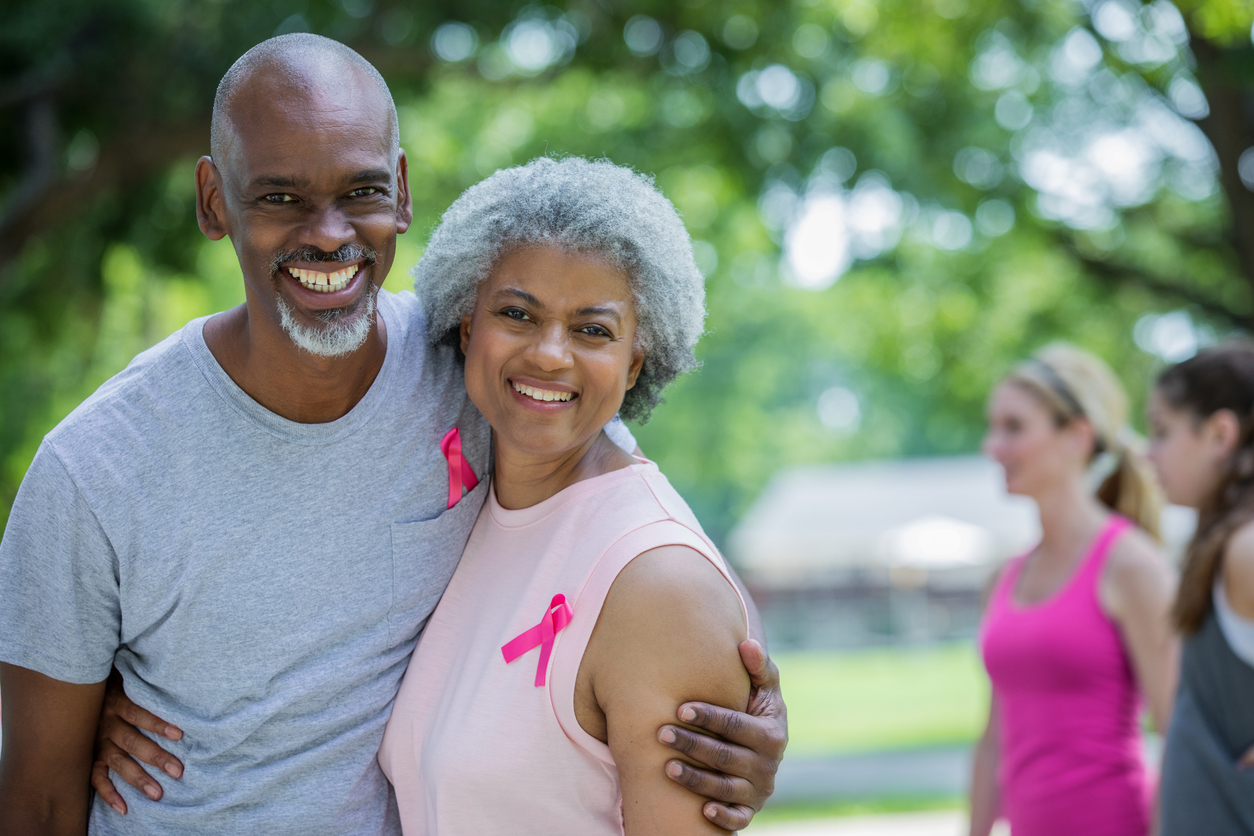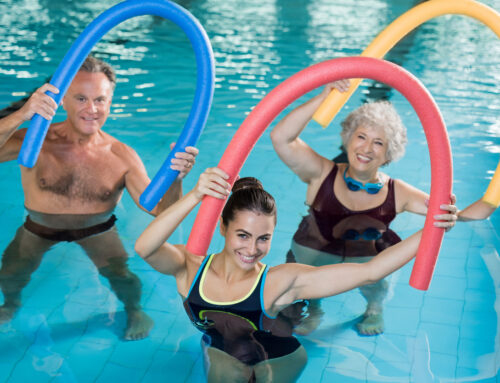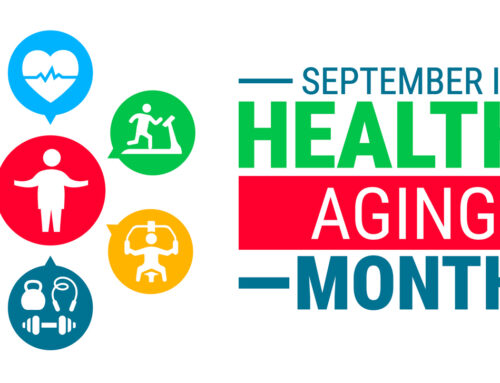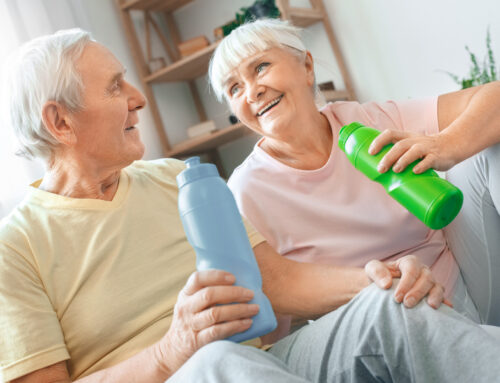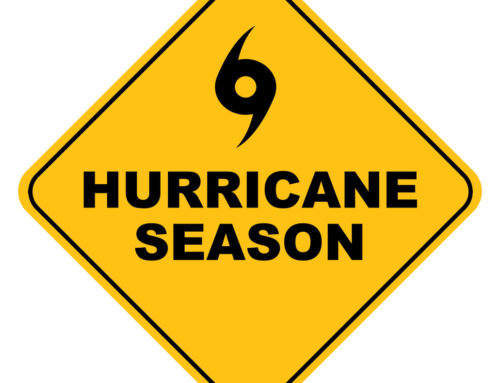Breast cancer is a serious health concern for women of all ages, but it can present unique challenges for the elderly. With advancing age, women often experience an increased risk of developing breast cancer, making awareness, prevention, and early detection even more important. October, designated as Breast Cancer Awareness Month, serves as a critical time to shed light on the specific needs and considerations of older women in the fight against breast cancer.
Why Breast Cancer Awareness is Crucial for the Elderly
The risk of developing breast cancer increases significantly with age. According to the American Cancer Society, about one in three new cases of breast cancer are diagnosed in women aged 65 and older. The reasons for this are varied, but include:
- Age-Related Biological Changes: As women age, changes in breast tissue and overall body health can make them more susceptible to cancer. Older women tend to have a slower metabolism, which may affect how their bodies respond to cancerous changes.
- Longer Lifespan and Exposure to Risk Factors: As people live longer, their cumulative exposure to risk factors like hormonal changes, lifestyle habits (diet, alcohol, exercise), and environmental influences increases.
- Delayed Diagnosis: Elderly women may not always prioritize screening, thinking they are too old to develop breast cancer. This can lead to later-stage diagnoses when the cancer is more difficult to treat effectively.
Signs and Symptoms of Breast Cancer in the Elderly
The signs of breast cancer are generally the same across all age groups, but in older women, these symptoms can sometimes be confused with other age-related conditions. Common symptoms include:
- A lump in the breast or underarm
- Changes in breast size or shape
- Dimpling or puckering of the skin
- Nipple discharge, other than breast milk
- Pain in the breast area
It’s important for older women to regularly check for these signs, even if they are past menopause.
Screening and Early Detection
Early detection remains one of the most effective tools in fighting breast cancer. Mammograms are crucial in catching the disease in its early stages. However, many older women skip regular screenings due to the misconception that breast cancer is less of a concern after a certain age, or that treatment may not be as effective.
Current guidelines from the U.S. Preventive Services Task Force (USPSTF) recommend mammograms every two years for women aged 50 to 74, but for women 75 and older, the decision should be individualized based on the woman’s health, longevity, and risk factors. Older women who are in good health and have a life expectancy of more than 10 years should still consider regular screening.
Challenges in Treatment for the Elderly
Treating breast cancer in elderly patients presents unique challenges. Older women are more likely to have other chronic conditions such as heart disease, diabetes, or arthritis, which can complicate both the treatment and recovery process. Additionally, there may be concerns about how the body will tolerate surgery, chemotherapy, or radiation.
That being said, many elderly women are treated successfully and recover well from breast cancer. Treatment plans are usually individualized, taking into account the patient’s overall health, the stage of the cancer, and personal preferences.
Some treatment considerations for older patients include:
- Surgery: Lumpectomy or mastectomy remains a primary option. However, recovery times may be longer for elderly patients, and there may be additional risks due to co-existing conditions.
- Hormonal Therapy: This is often used in estrogen-receptor-positive cancers, which are common in older women. Hormonal therapy tends to have fewer side effects compared to chemotherapy, making it a good option for elderly patients.
- Chemotherapy: Although chemotherapy is an effective treatment, its side effects can be difficult for older patients to handle. Careful evaluation of the patient’s overall health is essential before deciding on this treatment.
- Radiation Therapy: Radiation may be used post-surgery to reduce the risk of cancer recurrence, though some older women may opt to avoid this if the potential benefits are outweighed by the risks.
Prevention and Healthy Lifestyle
While it is impossible to prevent breast cancer entirely, maintaining a healthy lifestyle can help lower the risk. This includes:
- Regular Exercise: Physical activity is crucial for maintaining a healthy weight, which can reduce breast cancer risk. Even light exercise, such as walking, can be beneficial for older women.
- Healthy Diet: Eating a balanced diet rich in fruits, vegetables, and whole grains while limiting red meat and processed foods can support overall health and reduce cancer risk.
- Limiting Alcohol: Excessive alcohol consumption has been linked to an increased risk of breast cancer. Elderly women should be mindful of their alcohol intake.
- Avoiding Smoking: Smoking is a known risk factor for many types of cancer, including breast cancer. Quitting at any age can have health benefits.
Support for Elderly Women with Breast Cancer
For older women facing a breast cancer diagnosis, a strong support system is essential. This includes:
- Emotional Support: Whether through family, friends, or support groups, emotional support can help elderly women cope with the stress and uncertainty of a cancer diagnosis.
- Caregivers: Many elderly patients rely on caregivers for assistance with daily activities, managing appointments, and ensuring proper nutrition during treatment.
- Access to Resources: Programs and organizations such as the American Cancer Society offer valuable resources specifically tailored to the elderly population. They provide education, transportation to medical appointments, and financial assistance for those who need it.
Conclusion
Breast cancer awareness for the elderly is a vital aspect of public health that often doesn’t get enough attention. Women over 65 should know that breast cancer is not just a disease of younger women and that early detection and treatment can still be very effective. Regular screenings, healthy lifestyle choices, and individualized treatment plans can make a significant difference in outcomes. By staying informed and proactive, elderly women can take control of their breast health and improve their quality of life.
Remember:
- Don’t skip screenings due to age.
- Pay attention to any unusual changes in your breast.
- Talk to your healthcare provider about your specific risk factors and the best prevention strategies.
Breast cancer may be more common as women age, but with the right awareness, support, and medical care, elderly women can continue to lead fulfilling and healthy lives.
If you or someone you know is interested in care management or home healthcare services in South Florida, FirstLantic can help. We are locally owned and operated, providing our patients with the highest quality in-home care services in Fort Lauderdale (Broward County), as well as in-home care services in Delray Beach (Palm Beach County), North Miami (Miami-Dade) and Jupiter (Treasure Coast) since 2000. Click here to contact us.
 AVAILABLE 24 HOURS A DAY/7 DAYS A WEEK
AVAILABLE 24 HOURS A DAY/7 DAYS A WEEK Careers
Careers
